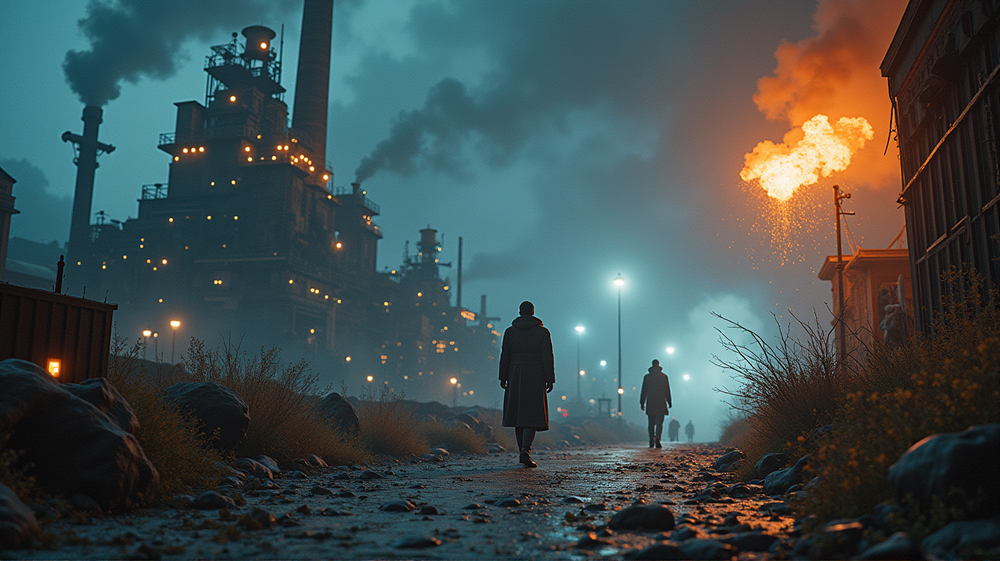Revisiting the Industrial Revolution’s Lessons
In a world enthralled by the advancements of artificial intelligence and biotechnology, it’s natural to harbor trepidations about the future. Yet the recent Nobel Prize in economics reminds us of the monumental lessons of the Industrial Revolution – an era that once sparked similar fears.
The Industrial Revolution of the 1750s ignited fears as profound as those accompanying today’s technological upheavals. People were anxious about losing their jobs, cultures, and morality. The innovations of that time laid the groundwork for an exponential explosion in economic growth. This year’s Nobel Prize winners have dedicated their careers to understanding how we can harness such innovations for lasting improvement.
The Champions of Innovation: Mokyr, Aghion, and Howitt
Joel Mokyr, Philippe Aghion, and Peter Howitt have delved into the intricacies of economic growth driven by innovation. Mokyr emphasizes the value of knowledge as a public good—one that isn’t depleted by use but enriches society. His work, alongside Aghion and Howitt’s exploration of “creative destruction,” highlights how innovation allows progress, even at the cost of rendering old technologies obsolete.
Fostering a Culture of Growth and Adaptation
For innovation to thrive, we must cultivate environments where ideas transcend the confines of labs and classrooms, reaching those in the real world who can implement them. Mokyr describes this as a “culture of growth.” From educated farmers to passionate entrepreneurs, bridging the gap between discovery and application is paramount.
Historically, Europe developed ecosystems ripe for innovation during the Industrial Revolution. United States’ land-grant colleges, conceptualized during times of conflict like the Civil War, exemplify how investing in education can create fertile grounds for new technologies that benefit society.
The Balancing Act of Creative Destruction
According to Deseret News, the notion of creative destruction reveals that while innovation disrupts, it also clears pathways for new growth. Economic shifts can unsettle workers, tempting us to romanticize a ‘simpler’ past through populism. This nostalgia, however, risks stalling progress.
As Nobel Prize committee chair noted, sustainable growth doesn’t occur by default. Creative destruction mechanisms must not be stifled, but rather embraced for the collective good.
A Future Not Yet Written
Amidst the dawn of artificial intelligence, quantum computing, and other cutting-edge technologies, embracing a mindset of progress and possibility ensures humanity lights the way forward. The optimism of this year’s Nobel laureates assures us that every economic revolution requires courage, curiosity, and a commitment to building a better future.
Without shirking the challenges ahead, let’s channel innovation to secure prosperity for generations to come.












